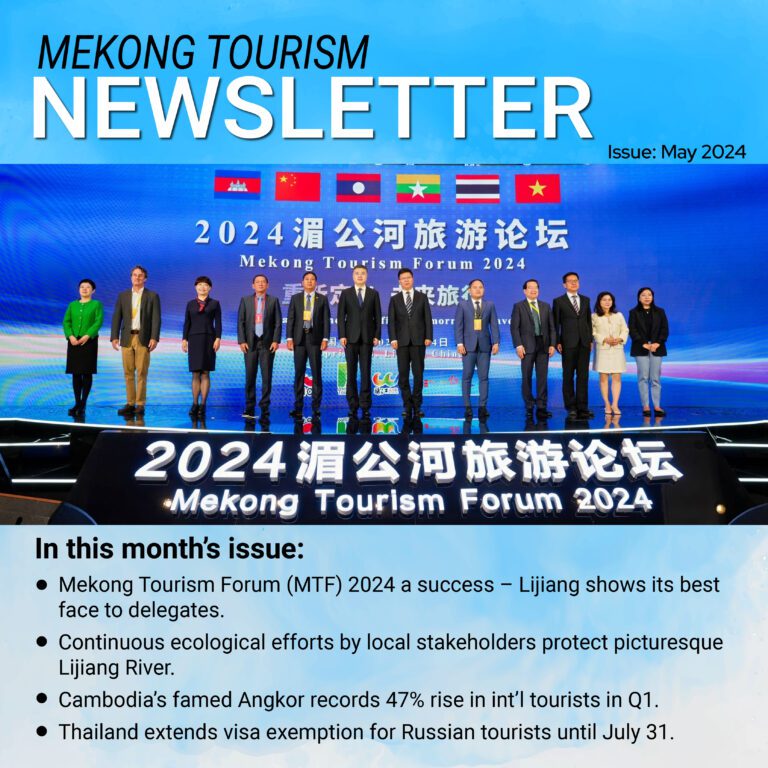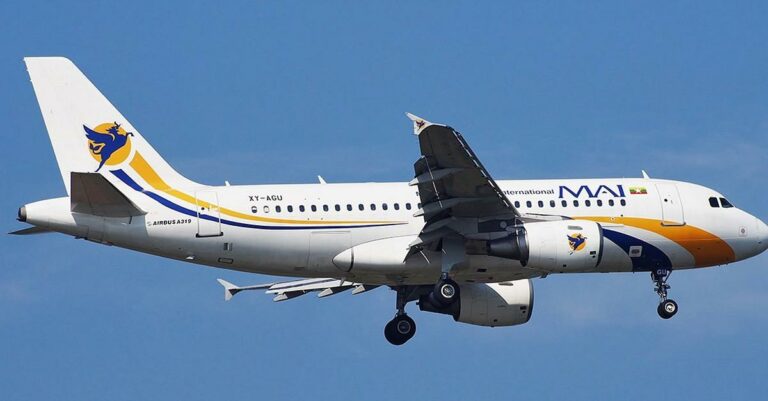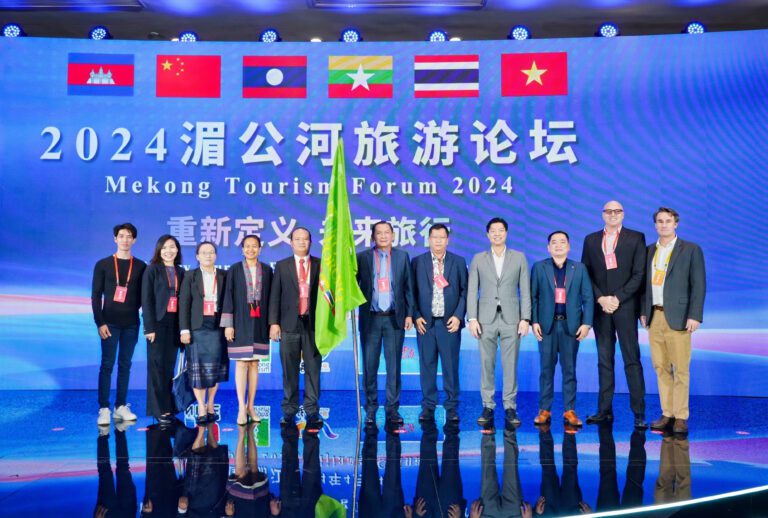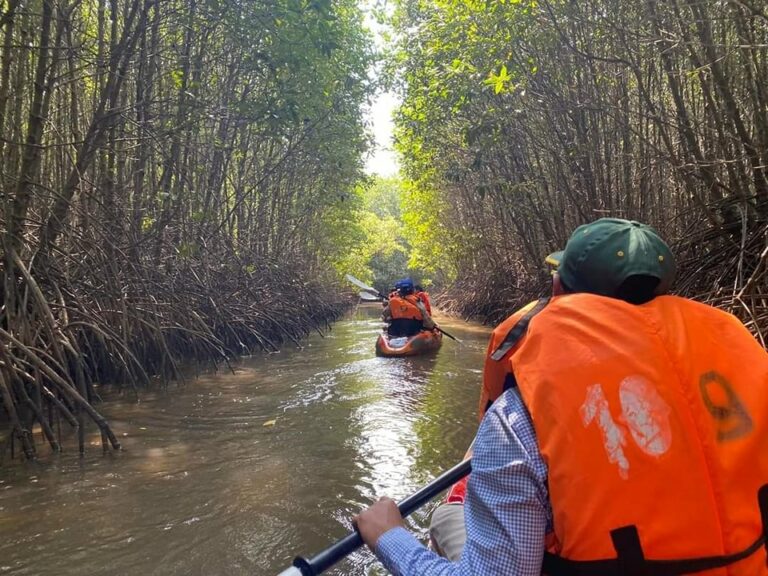
As demand for elephant-related tourism has risen in the Greater Mekong Sub-Region over the past couple of decades, so has awareness of the ethics involved. Ill treatment of captive elephants has occasionally made the headlines, and tourists have become increasingly wary of attractions that cause pain to the animals.
For Chiang Mai, Thailand-based Asian Captive Elephant Standards (ACES), their certification service goes a considerable way to help stakeholders overcome some particularly difficult ethical dilemmas. “ACES has taken a pragmatic approach… focusing on solutions rather than perpetual criticism of existing practices,” explains Nicolas Dubrocard, ACES co-founder. “Our approach is based on science and on a practical approach to welfare, which we believe is most beneficial to elephants rather than playing on emotion,” he tells us.
In the following interview, he goes into further detail on ACES’s work with elephant-based attractions, the philosophy behind the company, and why designing a sustainable elephant experience is more complicated than it looks!
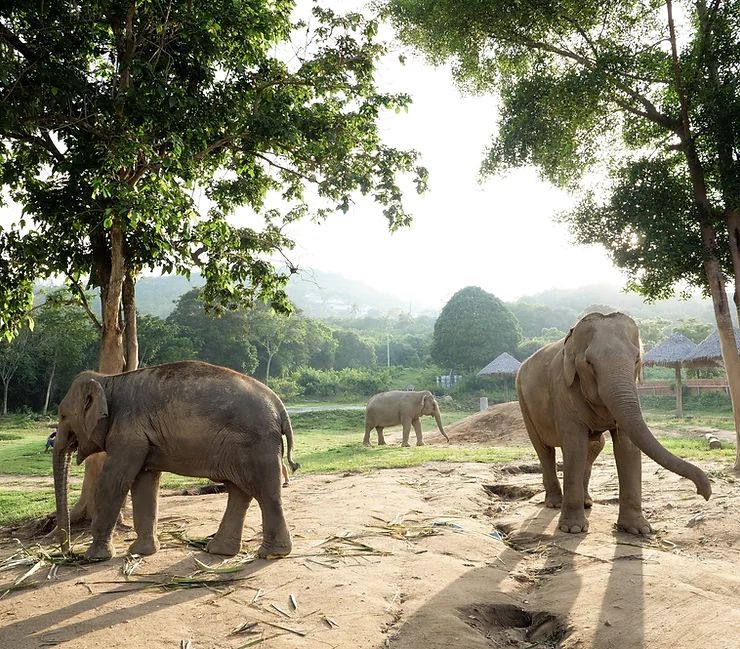
How did you get started in elephant standards certification? What inspired you to start ACES and “evangelize” the idea of certifications for elephant-centered destinations?
In 2014, I started to have a deeper look into the elephant tourism businesses and, in fact, I somehow felt I was contacted by the elephants themselves. At the time I was based in Kuala Lumpur and worked for Wild Asia.
In less than three months I was contacted by several people from different organizations asking about solutions to guarantee that elephants were well treated in camps working with tourists. Prior to this, I had never been involved in animal protection or activism. However, I saw a great opportunity to make a positive change.
My skills are related to certification for sustainability programs – for example, I developed Green Key in Morocco as an external consultant, and became the Green Key international Director. I audited hotels for Green Key, Blue Flag, Travelife, Green Globe and other systems, and I participated in creating The PLEDGE on Food Waste, Single Use Plastic Free and Sustainable Spa and Wellness standards.
From this experience, I decided to create a new standard for elephant camps. I was joined by Graham Harper – working at Buffalo Tours at that time – and Travelife for Tour Operators.
I collected what was already available and started to learn about the topic, reading everything I could find concerning captive elephants. Then I visited many camps and spoke with specialists, especially the veterinarians from Chiang Mai University, who are researching and publishing the best peer reviewed papers about the topic.
I wanted a science-based certification to ensure best practice and avoid an approach that is emotionally driven.
In 2019, we created our company Asian Captive Elephant Standards (ACES), located in Chiang Mai, Thailand with Peter Kulmapijit, a specialist in elephant camp management; and Dr. Ingrid Suter, an academic who worked and published studies regarding elephants in Laos.
We wanted a private business, and not an NGO, as we sell services and do not want to be dependent on donations. Elephant camps are businesses as well so we need to be on the same page.
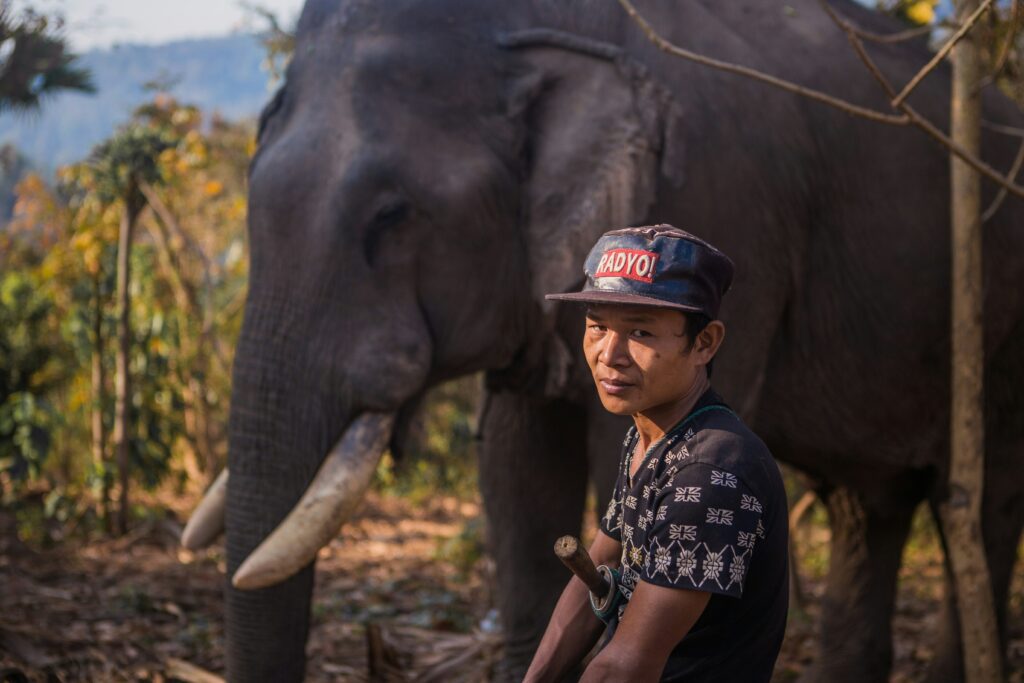
Photo by Z on Unsplash
How has the introduction of this certification system improved the welfare of elephants in tourism? Can you provide examples of positive changes you’ve observed in elephant care since the implementation of this system?
Through the introduction of our certification system, we have seen improvements in the welfare of elephants in tourism.
An example of some of the positive changes from our standards includes mandating a minimum five-meter chain length for elephants at night, promoting responsible hook use for mahouts, and ensuring a balanced diet with improved veterinary follow-ups.
Moreover, our certification provides guidance to camps wanting to make changes but not knowing where to start. We offer a structured framework that provides an organized approach to elephant care and management.
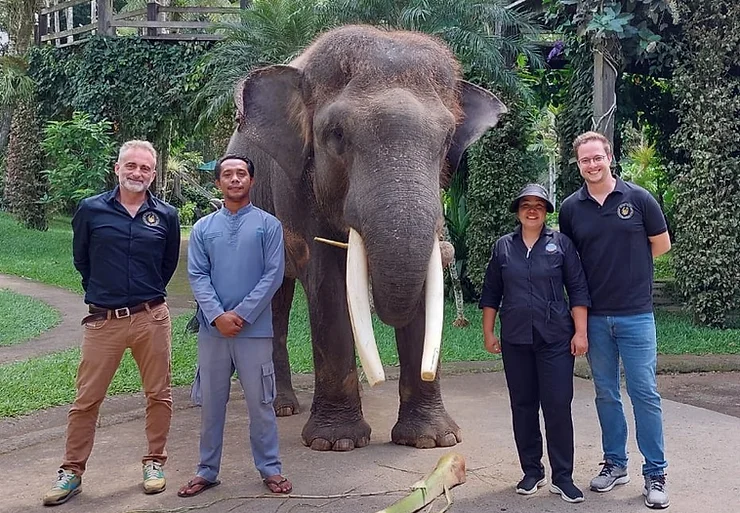
Photo courtesy of ACES
ACES standards are quite comprehensive, and I imagine some businesses may feel intimidated by the amount of work that goes into meeting these standards. How does ACES approach the certification process – and how are businesses incentivized into going through with the process?
The ACES standards, while comprehensive, is an important step and targets individual camps who decide to work with us.
Acknowledging the potential overwhelm, we guide camps through the process, providing a toolkit with templates to assist in meeting our criteria. Once a camp decides to work with us, they receive our standards and toolkit, and have a three-month window to comply and submit evidence.
Following a thorough review, our auditors visit the camp. Collaborating camps often report a reduction in complaints, improved working conditions, and enhanced relationships with Tour Operators.
Tour Operators, recognizing the value of our work, have been increasingly interested in sending their clients to ACES certified camps.
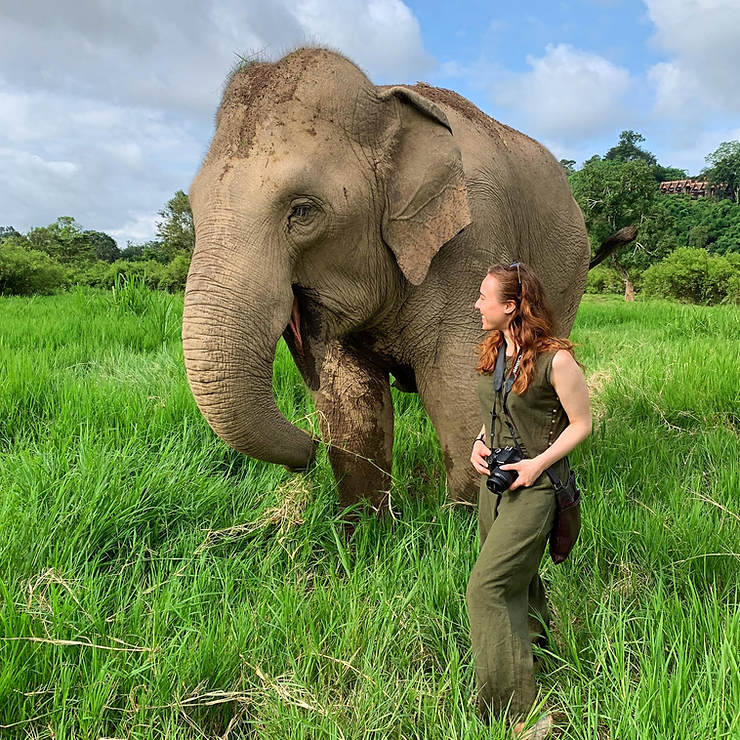
Photo courtesy of ACES
What partnerships or collaborations with international animal welfare organizations or governments has ACES arranged?
ACES has taken a pragmatic approach to partnerships, focusing on solutions rather than perpetual criticism of existing practices, differentiating from some international animal welfare organizations.
Acknowledging the sensitivity of the captive elephant issue, we understand the reluctance of some organizations to engage due to fear or concerns about reputation exposure. However, our approach is based on science and on a practical approach to welfare, which we believe is most beneficial to elephants rather than playing on emotion.
We have already authored an article about this topic: Activism or paternalism? The case of elephant-based tourism in Southeast Asia
ACES has successfully collaborated on an international project, financed by the German Cooperation (GIZ), involving Laos, Cambodia, Vietnam, and Indonesia. This initiative aimed to create a global strategy for captive elephants, navigating challenges with authorities to find common ground. While some organizations may hesitate, we believe in our unique approach, being the sole provider of the services we offer in this domain.
ACES has a wide network of partners; how does ACES work with its partners to benefit from their expertise, or promote their advocacies or research in turn? Who are your highest-profile partners worth noting?
ACES collaborates closely with key partners, notably veterinarians from Chiang Mai University and from Smithsonian National Zoo, Conservation Biology Institute Center for Species Survival, as well as specialists working in zoos.
With only a few global experts researching the topic, ACES endeavors to promote their work to combat misconceptions arising from misguided donation campaigns. We seek to dispell common myths surrounding elephant tourism; such as properly managed elephant riding is not harmful to the welfare of the elephants, and the responsible use of chains and hooks is the best solution to manage such a large animal to ensure the safety of tourists and mahouts alike.
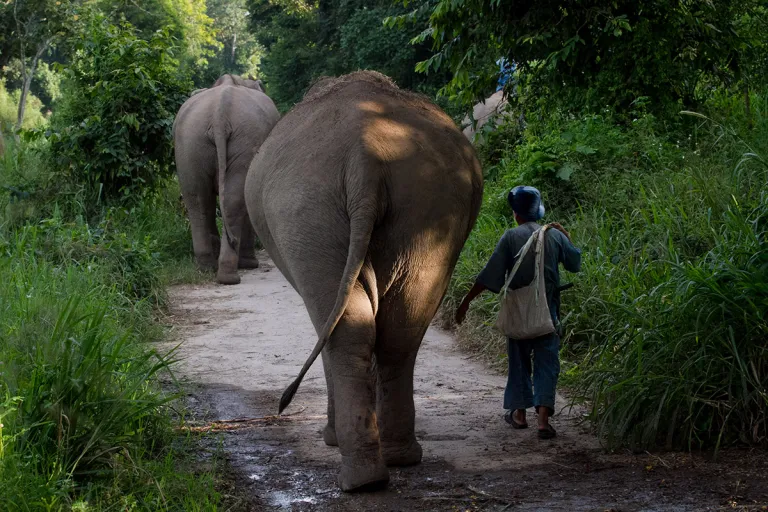
Photo courtesy of Tourism Authority of Thailand
How do you balance the need for animal welfare with the economic realities of the tourism industry? How does ACES impact local communities that depend on elephant-based tourism, or mitigate any negative impacts?
In navigating the delicate balance between animal welfare and the economic realities of the tourism industry, ACES strives to improve the working conditions of mahouts and support local communities dependent on elephant-based tourism.
It is essential to understand the significance elephants and elephant-based tourism have in supporting some underprivileged communities, which is why we try our best to improve the working and living conditions of the mahouts who work most closely with elephants.
For the elephants themselves, tourism-based work is a necessity as there is currently no work alternative – elephants are no longer used in the logging or agricultural sectors anymore. Hence, work in the tourism industry is needed to accumulate the money needed to keep them housed, with a lifespan of almost 60-70 years; and fed – they eat around 200 kg of food daily!
Despite any challenges, ACES has seen growing interest from businesses seeking certification.
Apart from economic realities, what are the biggest challenges you face in implementing and managing ACES’s certification system?
We face resistance to change given that some camps are not ready or do not want us to have a deeper look into their operations, which is understandable for now. However, from the past few years we have seen an improvement in the openness of camps and more businesses are contacting us to get certified.
We are very happy with the clients that have been working with us for years and they are also glad that we exist and provide this unique service.
How do you see the future of elephant-based tourism evolving in Southeast Asia?
Personally, I believe there is a need for change again. Most camps have transitioned from riding activities to feeding, bathing, walking and observing elephants. I think we haven’t yet explored all the potential activities for tourists to interact with elephants that show people how intelligent they are and the special bond elephants have created with their mahouts.
In Southeast Asia, I feel it is a mistake to take a distanced approach from the elephants. We should empower the mahouts and use their skills wisely!
Of course, I’m against any circus activities that are detrimental for the elephants or expect them to do unnatural behaviors – such as shows, etc. However, with the change in activities that are focused now on feeding and sedentary lifestyle – such as bathing – we are also witnessing an increase in elephant obesity, especially related to sugar-based diets like bananas which are easier for tourists to feed to elephants.
This isn’t what is best for elephants and it is an ignorant view to think that feeding and bathing activities are better for elephant welfare than riding.
There is a need for a change and we will take part in it. Let’s speak about it again in five years!
For more information, visit ACES’s website at elephantstandards.com, or visit their Facebook page.
